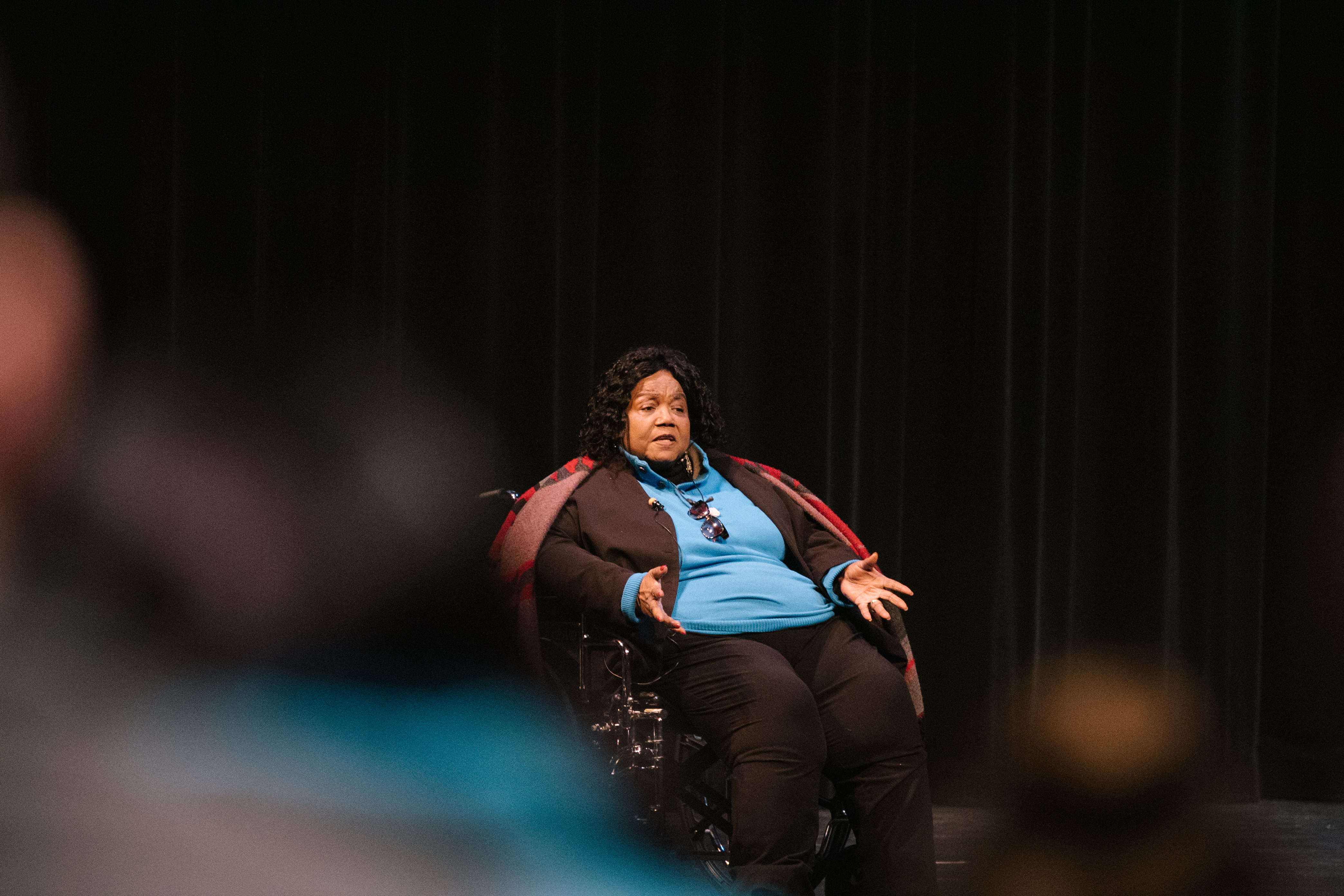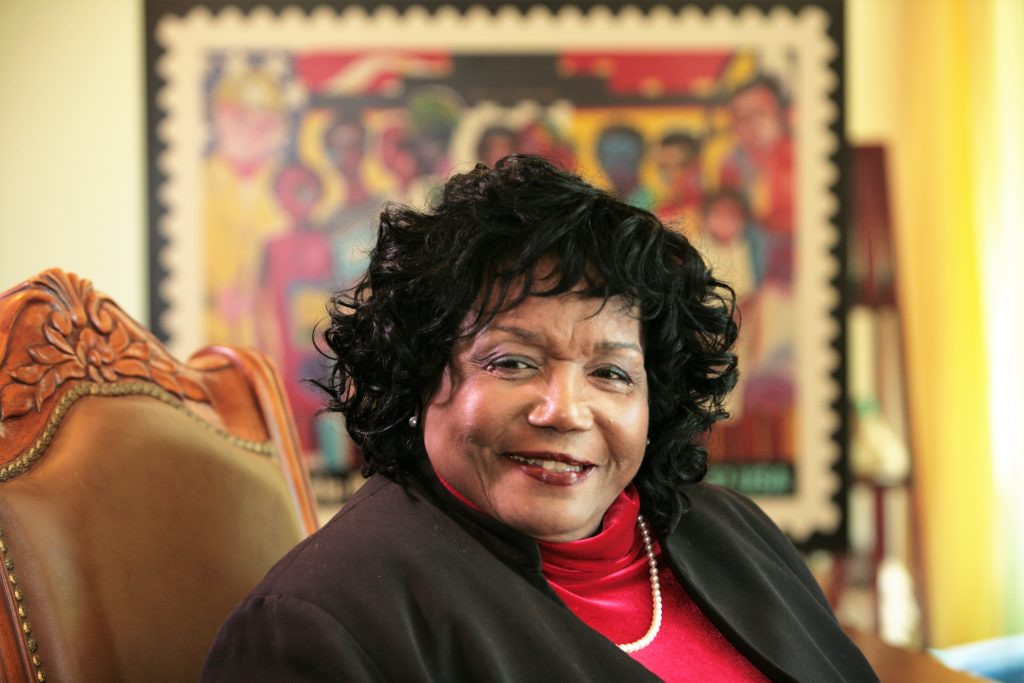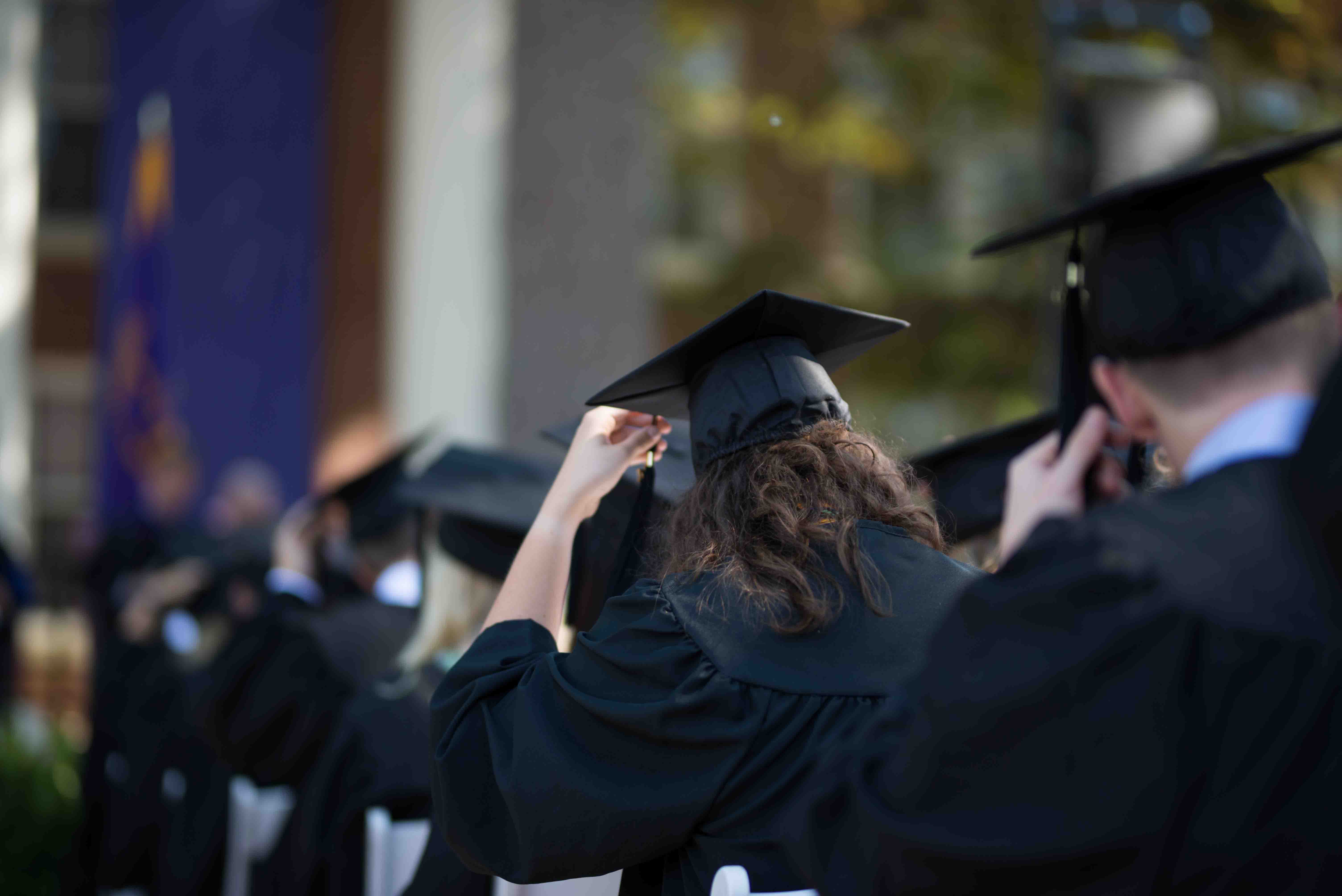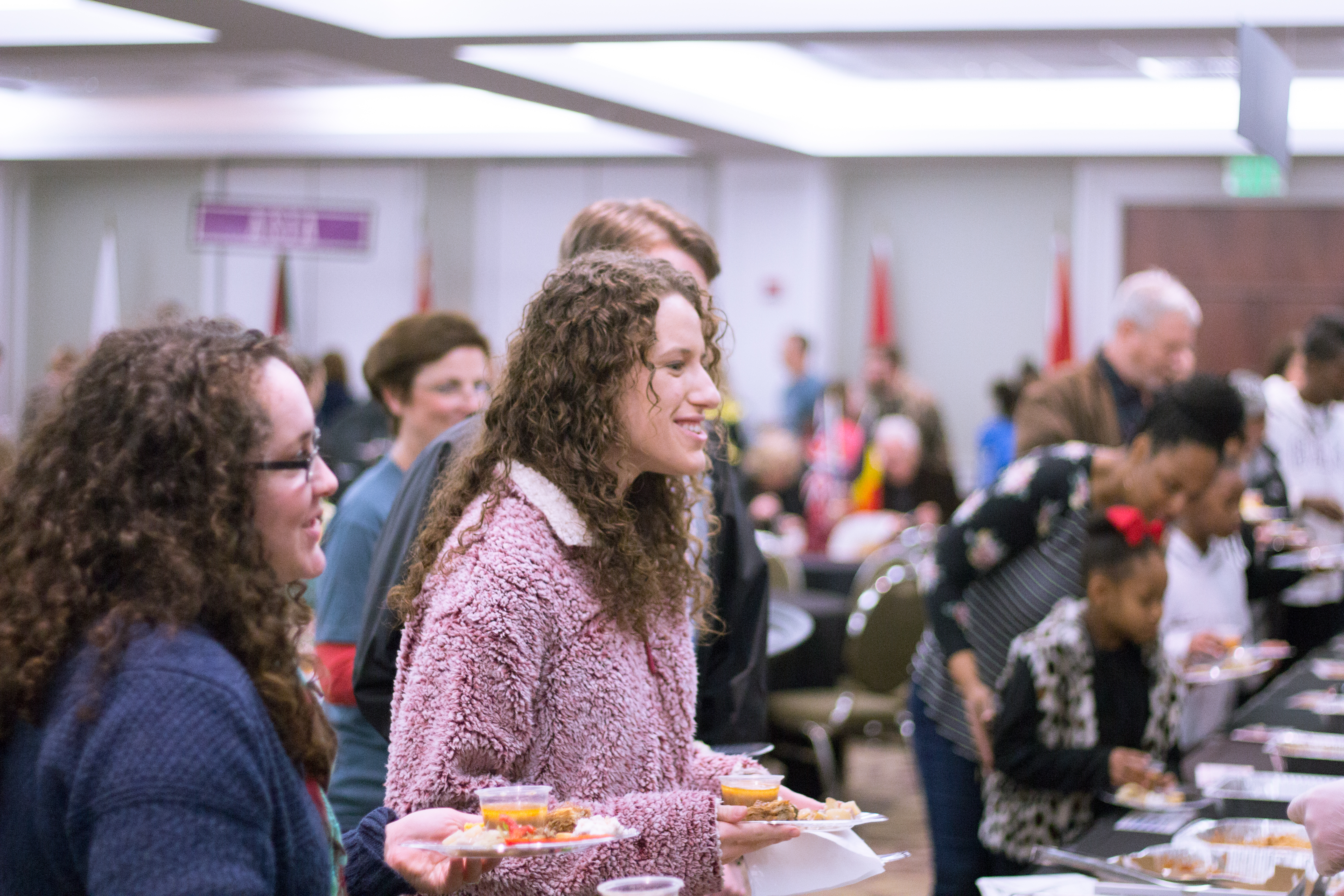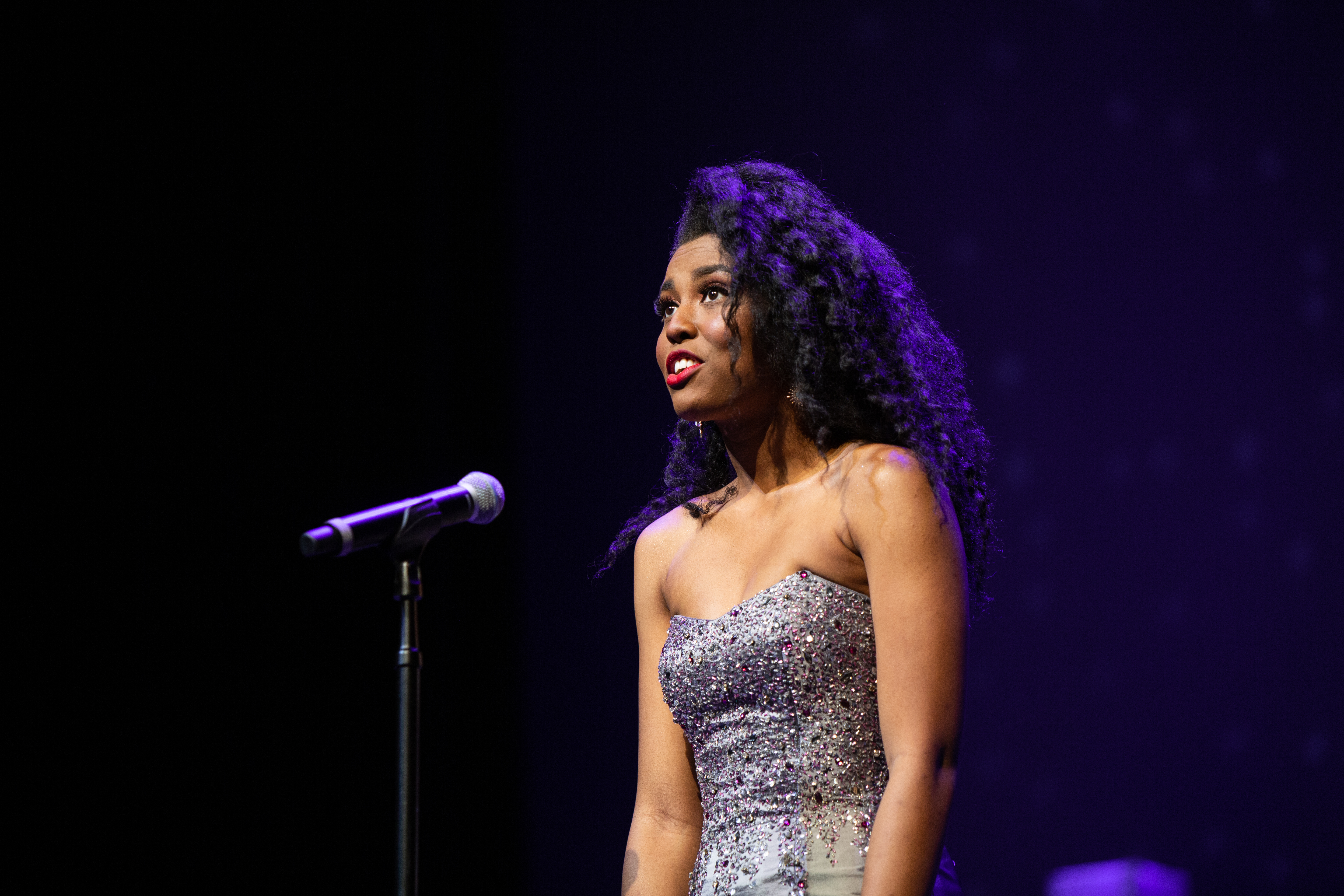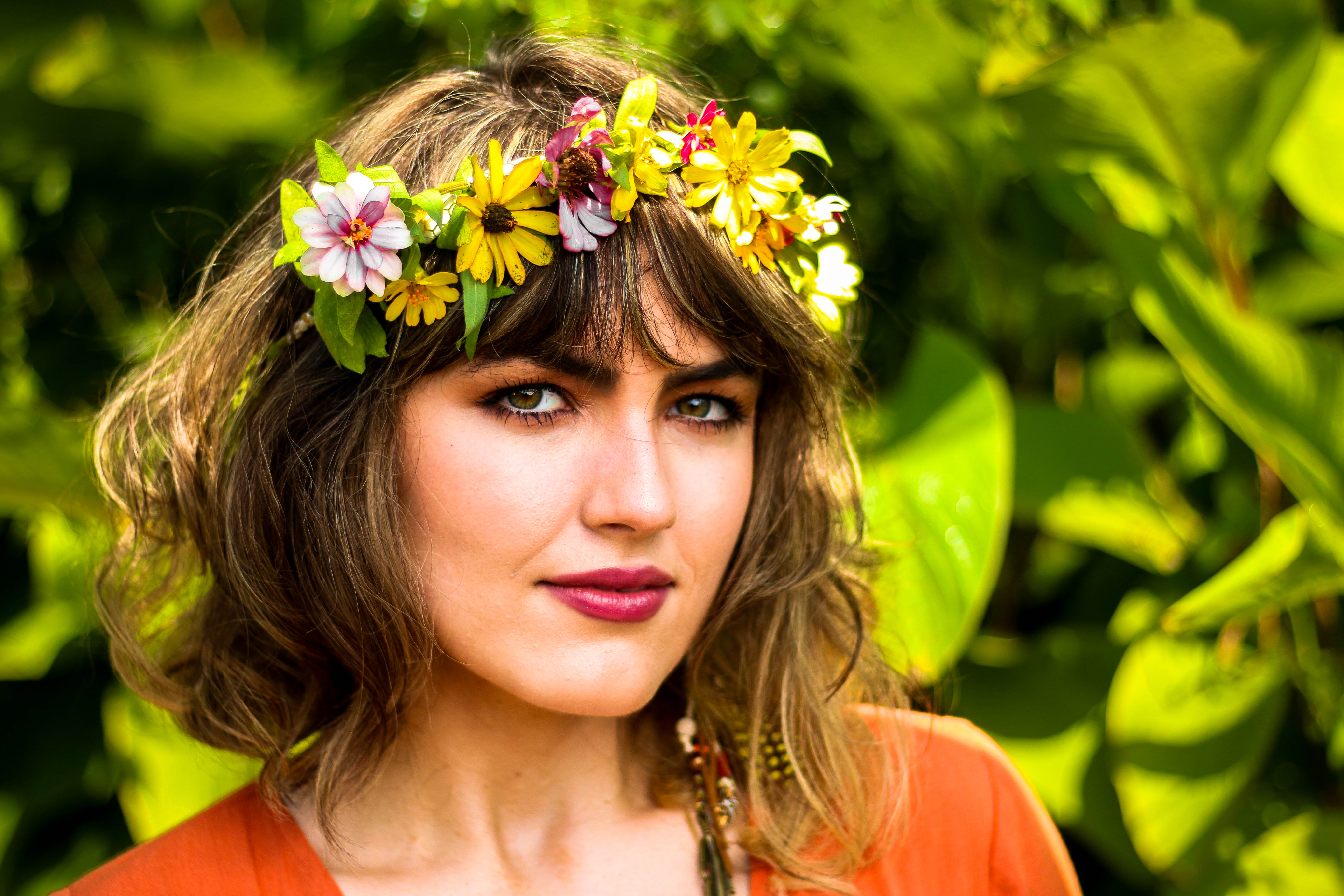Little Rock Nine member Melba Patillo Beals spoke at the Birkett Williams Lecture yesterday.
Addressing her time at Little Rock Central High School, as one of the nine Afircan-American students who integrated in 1957, Beals discussed the aversity she faced, equality and specifically, how this has formed who she is today. Her faith in her “Lord, Jesus” was the highlight of the discussion.
“I tell you these stories…to understand the back and forth, the journey, the this and there, the come hither come yon, the to and fro of life and to still hold on. Ladies and gentlemen, let me say to you this is a bumpy ride. And what you’ve been given to hold onto is your belief that no matter what you have a friend…someone who is willing to give you guidance” Beals said.
This friend of hers is Jesus. When others have asked “how did you sustain yourself” in times of tribulation, especially in the halls of Central High School, Beals has always responded with the one word answer of “prayer.”
Even when equality wasn’t an option, Beals knew that the only thing that could and would ever help was the love of her Savior.
“The solution, if there is a solution…the only solution is love—never violence. Never, ever violence. So this evening, I want to talk about equality. We all talk about equality and we say that word. It’s in our constitution. We read about it, but so few of us ever define it. So few of us ever think about it in terms of ourselves. I’m going to define it very simply for you: equality is voice, choice and inclusion,” Beals said. “I’ve got a voice in what goes on around me, in what I participate in. I have a choice to drink out of the water fountain, where I’m going to live, what car I’m going to buy, what school I’m going to attend. And, I’m going to be included if I want to be included. I cannot be excluded for something like the shape of my body, the color of my hair, my eyes, how I speak or what I eat. Voice. Choice. And Inclusion. That’s something I didn’t have as a little girl in Little Rock, Ark. in 1941.”
Recounting memories of how the Lord saw her through, Beals noted that God was always as close to her as her skin was, and she encouraged students with this same message.
“Everything I have, everything I am, everything I will be, everything I hope to be is vested in my religion and what I believe,” Beals said. “The God in me sees the God in you, and that’s the most important thing is that we see the God in each one of us, that we understand equality in each one of us, that we understand the value in each one of us.”
By Ethan Dial, online editor

